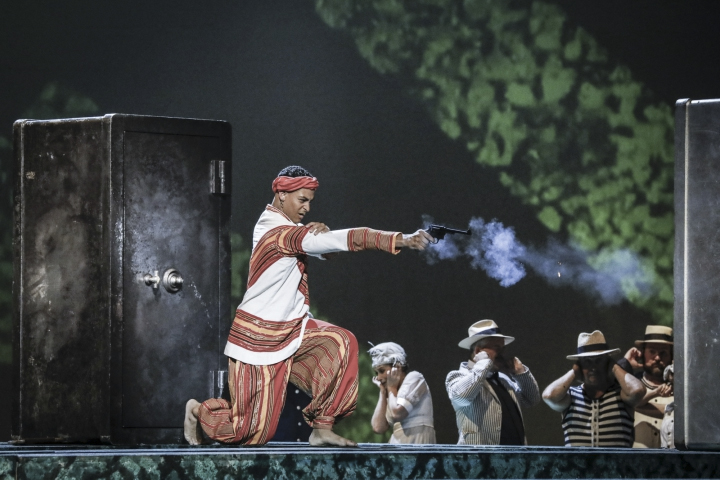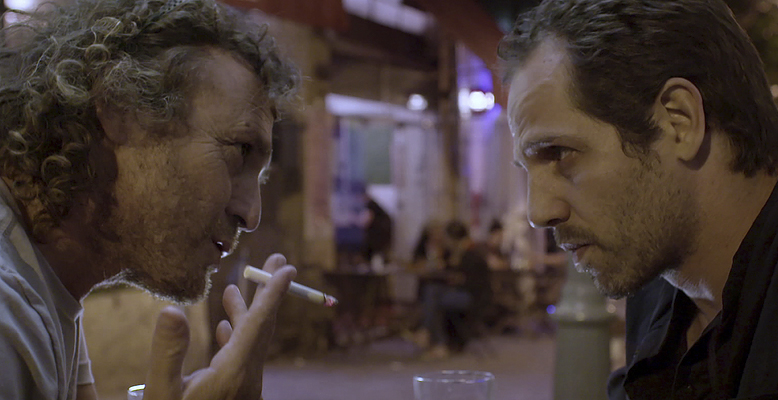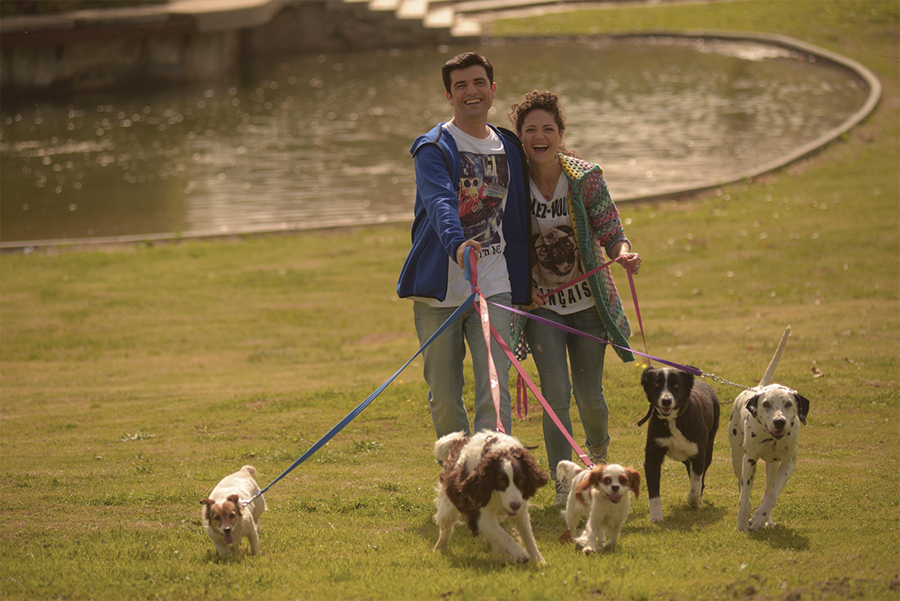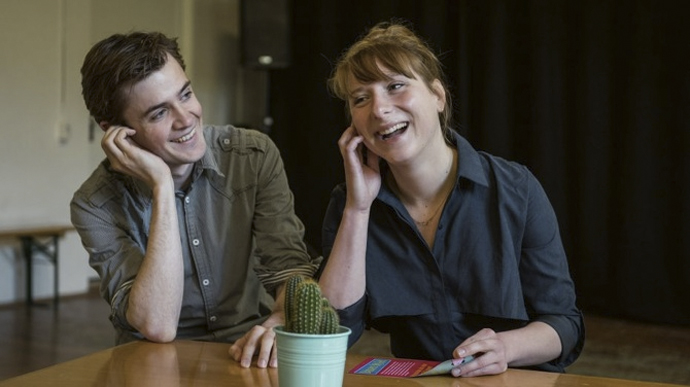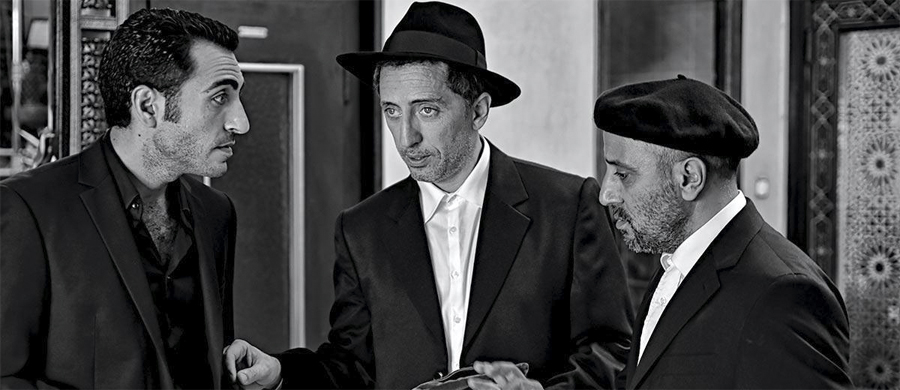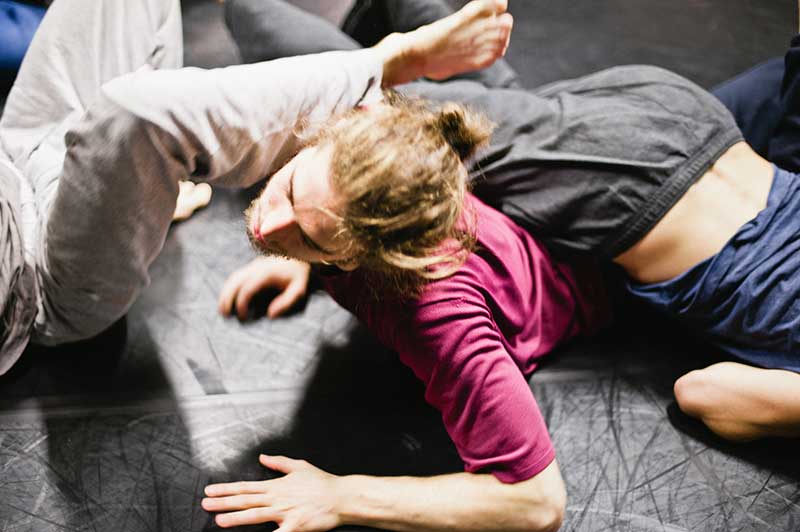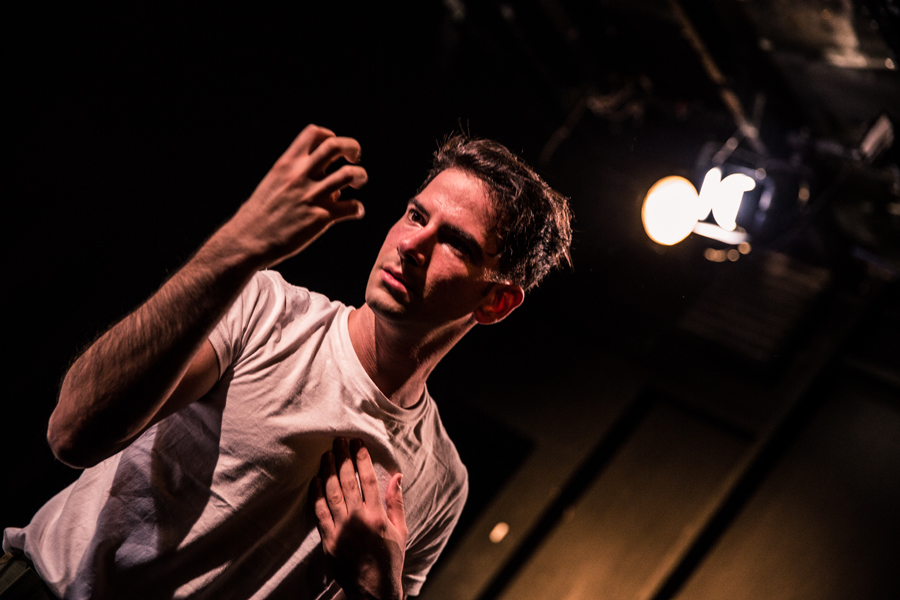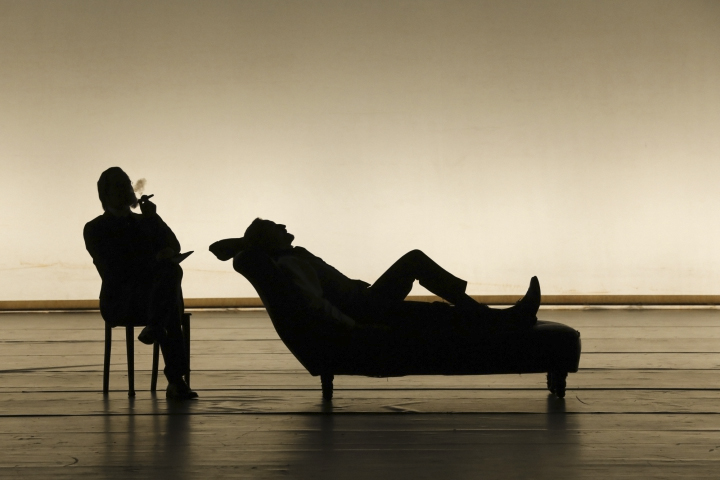 Andre Tchaikowsky’s opera is my fifth Merchant of Venice in little more than a year ... and somehow it seems entirely appropriate to end this, Shakespeare's quarcentenary year, with a new work of art inspired by one of his best-known plays.
Andre Tchaikowsky’s opera is my fifth Merchant of Venice in little more than a year ... and somehow it seems entirely appropriate to end this, Shakespeare's quarcentenary year, with a new work of art inspired by one of his best-known plays.
The opera closely follows the play's narrative, shedding a couple of minor characters, notably Lancelot Gobbo, Shylock's servant and purveyor of comic relief, and Tubal, Shylock's confidant and the only other Jew in the Shakespeare canon, apart from Shylock himself and Jessica, his daughter.
John O'Brien's libretto skilfully weaves Shakespeare's words into effective lyrics for Tchaikowsky's stirring, challenging music. Composer and librettist work seamlessly together to do more. For opera can sometimes deliver something different. The exchanges in a duet are all the more intense because the characters sing simultaneously, but the words and music they sing can be different. This works especially well when Quentin Hayes excellently acerbic and magisterial Shylock orders his daughter Jessica (feisty Lauren Michelle) to lock herself in and not to listen to the sounds of merriment in the streets when he goes out to dinner with the Christians he despises. Moreover, in opera performers can and do repeat the same line to great effect, for example, Shylock repeats “I will have my bond!”, emphasising the inevitability and enormity of the revenge he intends to take for his daughter’s elopement with her Christian lover Lorenzo - and with so much of his worldly goods. Such repetition in a production of the play would almost certainly simply seem laboured.
Composer and librettist also make the effective decision to show Shylock’s rage and fury at what he sees as Jessica’s betrayal on stage, rather than have it reported by the gleefully anti-Semitic Salerio and Salanio, so Shylock gets to exclaim “Oh my ducats, oh my daughter!” . And to build this into a real coup de theatre, Shylock’s wrongs are magnified as he is baited by a baying mob, engaged in looting his house, carrying away armfuls of his possessions, including the eight-branched candlestick he would use at the Festival of Chanukah. Another effective decision is to transpose the aria that is Shylock’s “Hath not a Jew eyes?” speech to the courtroom scene, where it packs a huge punch, especially after all we have seen him endure.
Keith Warner places the action in early 20th century Europe, his Shylock is a wealthy financier. He directs a cast of consummate singer/actors on designer Ashley Martin-Davis’ telling set – stark monochrome angles, tall walls and street corners, for Venice, with an interior of rows of money-lenders' desks like a cross between a stock exchange floor and a bank; which bursts into colour, especially the fun of lush greenery and an exuberant maze, as we are wafted away to Belmont, where Portia and Nerissa (wonderfully complementary Sarah Castle and Verna Gunz) lounge on sunbeds, in their Edwardian bathing dresses sipping cocktails.
There’s fun with the caskets as Wade Lewin’s brigand of a Prince of Morocco, a dancer rather than a singer, bounds across to shoot the lock off his choice of gold. And back in Venice, the trial scene, which leaves the broken Shylock covered by a shroud-like cloth, is, unusually, apparently held in camera rather than in open court. A telling directorial touch has Shylock haunting the final scene in Belmont, as Jessica and Lorenzo exchange lovers’ conceits, but disappearing as Antonio appears, as if he cannot share the terrain with his vanquisher. And the inspired idea of framing the action with Antonio on the psychiatrist’s couch chimes perfectly with Tchaikovsky and O'Brien's vision– and it works brilliantly for that telling first line “In sooth I know why I am so sad”, delivered to his psychiatrist – Sigmund Freud himself of course!
By Judi Herman
Photos by Johan Persson
The Merchant of Venice runs on Tuesday 22 November, 7pm, £10-£40, at Venue Cymru, Llandudno, LL30 1BB. www.wno.org.uk/event/merchant-venice
And on Wednesday 19 & Thursday 20 July, 7.30pm, at Royal Opera House, Bow St, WC2E 9DD; 020 7304 4000. www.wno.org.uk


